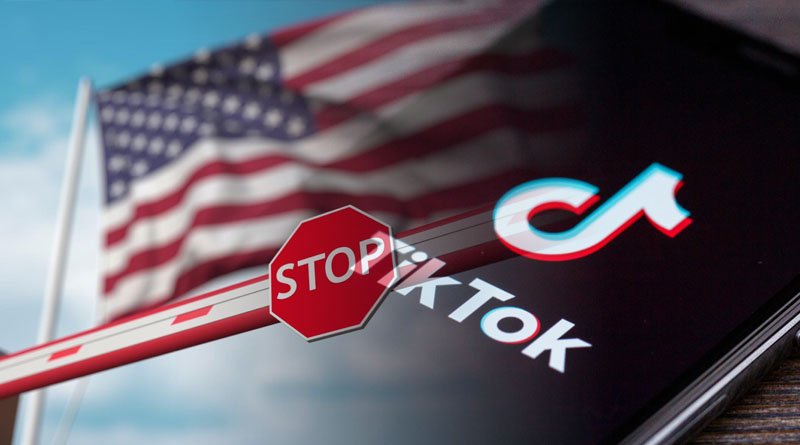The Biden administration has recently threatened to ban the app if the company’s Chinese owners don’t sell their shares amid rising geopolitical tensions with China.

It was anticipated that Montana lawmakers would make significant progress on a bill to ban TikTok on Thursday. While this action is sure to face legal challenges, it will also serve as a trial run for the TikTok-free America that many national lawmakers have envisioned.
The proposal in Montana, which has the support of the state’s GOP-controlled legislature, is more comprehensive than the restrictions on TikTok that are in place in nearly half the states and the federal government of the United States.
A second hearing on Thursday and vote on the legislation were scheduled in the House. A final House vote is anticipated for this Friday, and if it passes, the bill will then be sent to Republican Governor Greg Gianforte. In Montana, he has outlawed TikTok on official devices.
In March, the Senate approved the measure 30-20. As a result of worries that TikTok, a platform owned by the Chinese tech company ByteDance, might give the Chinese government access to user data or spread false information and propaganda in favour of Beijing, it has come under close scrutiny. However, none of the leaders at the FBI, CIA, or numerous lawmakers from both parties have offered any proof to support their claims.
Supporters to ban TikTok, cite two Chinese laws that require businesses operating there to assist the government in conducting state intelligence operations.
They also draw attention to other troubling incidents, such as ByteDance’s December disclosure that it had terminated four employees for accessing the IP addresses and other personal information of two journalists in an effort to determine the source of a leaked report about the company.
Though it doesn’t specifically mention TikTok, proposed legislation would grant the Commerce Department the authority to limit foreign threats on tech platforms.
The White House supports that legislation, but privacy advocates, right-wing commentators, and others have opposed it, arguing that the language is too broad. Austin Knudsen, the attorney general of Montana, urged state legislators to approve the measure because he doubted that Congress would swiftly enact a federal ban.
Montana’s bill would prohibit downloads of TikTok in the state, but any penalties would not apply to users. Under the bill, any “entity—an app store or TikTok—that violates the law would be liable for $10,000 for each violation.
A violation would occur each time a user accesses TikTok, is offered the ability to access the social media platform, or downloads the app. An additional $10,000 fine would be imposed each day the violation continues.
The prior version of the bill would have required internet service providers to be liable for any violations. This language was scrapped due to AT&T’s lobbyist saying it was “not workable” to put it into effect.
Opponents argued the bill was government overreach and that residents could circumvent the proposed ban by using a Virtual Private Network, which encrypts internet traffic and makes it more difficult for third parties to track online activities.
A TechNet representative claimed that app stores “do not have the ability to geofence” apps on a state-by-state basis and that it would be impossible for its members Apple and Google to stop TikTok from being downloaded in Montana at a hearing for the bill in March.
Others countered that the state wasn’t seeking to outlaw other social media applications that gather comparable data from their users.
TikTok has been pushing back against Montana’s legislation, encouraging users to speak out and hiring lobbyists to do so. It has also purchased billboards, run full-page newspaper ads, and launched a website opposing the bill. Ads placed in local newspapers highlight how local businesses were able to use the app to drive sales. This is a violation of Montanans free speech rights.
The Montana bill would “show Montana doesn’t support entrepreneurs in our own state,” said Shauna White Bear, owner of White Bear Moccasins. She noted her business receives more engagement on TikTok than on other social media sites.
In 2020, then-President Trump issued executive orders to ban the use of TikTok and the Chinese messaging platform WeChat, but those efforts were nixed by the courts and shelved by the Biden administration.
TikTok and the administration persisted in their discussions regarding the app’s security issues. The Biden administration has recently threatened to ban the app if the company’s Chinese owners don’t sell their shares amid rising geopolitical tensions with China.
In an effort to prevent either scenario, TikTok has been promoting “Project Texas,” a data security plan that would send all of its American user data to servers run by the enterprise software giant Oracle.